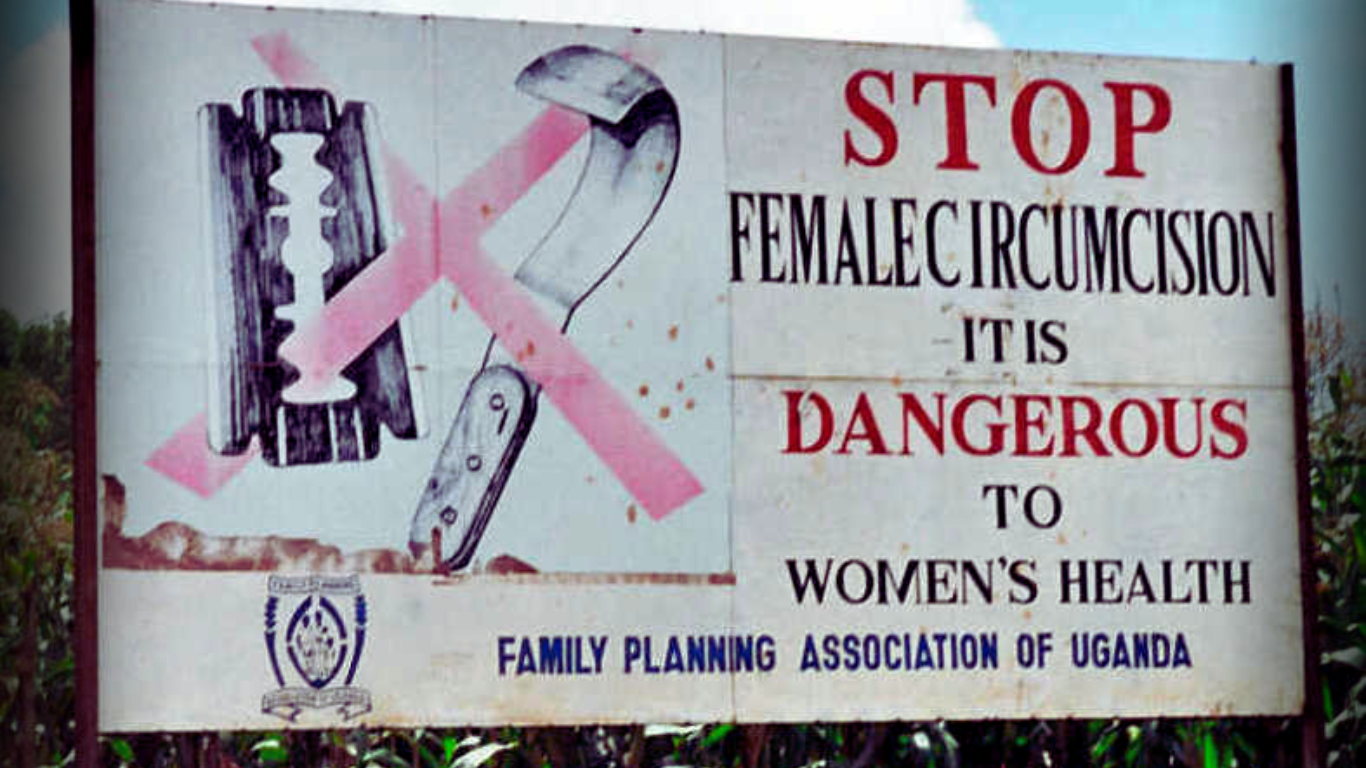Lawmakers in Gambian stood in support on the ban on Female Genital Mutilation (FGM). It was first imposed in 2015 irrespective of opposition from religious and traditional leaders in the country.
They dismissed a controversial bill introduced earlier in 2024 that aimed to legalize “female circumcision” as a religious and cultural practice. After months of intense debate, legislators voted down all aspects of the bill and prevented any further consideration.
“The Women’s (Amendment) Bill 2024 has been fully rejected after all its clauses were voted down during the deliberation stage,” stated Fabakary Tombong Jatta, the speaker of the National Assembly. He emphasized that the legislative process had been completed.
The United Nations reports that a majority of women in Gambia, where Islam is the predominant religion, have already undergone FGM.
What is FGM?
Female Genital Mutilation (FGM) is the ritual cutting or removal of some or all of the vulva. The prevalence of FGM varies worldwide, but is majorly present in some countries of Africa, Asia and the Middle East, and within their diasporas.
FGM remains common
In Gambia, the United Nations estimates that three out of four women aged 15 to 49 have undergone female genital mutilation (FGM). Activists point out that enforcement of the ban has been ineffective, leading to ongoing cases of women being subjected to FGM, with only two cases resulting in prosecution.
According to activist and FGM survivor Absa Samba, there is still widespread practice of FGM and public promotion of it.
Conrad Schetter, director of the Bonn International Centre for Conflict Studies, explained to DW that community leaders view the abandonment of FGM as a threat to their traditional authority and societal structure.
FGM Side Affects
The long-term health problems caused by FGM include infections in the urinary tract, difficulties during menstruation, pain, reduced sexual satisfaction, and complications during childbirth. It can also lead to feelings of sadness, low self-esteem, and post-traumatic stress disorder.
According to the latest UNICEF report, more than 230 million girls and women worldwide have undergone FGM, which is a 15% increase compared to eight years ago.
“Local leaders need to realize that ending FGM doesn’t mean disrupting society. Instead, spreading awareness about health risks should be a priority,” Schetter explained to DW.
FGM involves removing parts or all of the external female genitals and is usually done on girls younger than five. It is widespread in Africa, Asia, and the Middle East.
“In remote areas across Sub-Saharan Africa and the Middle East, women often have little support. They must either follow this harmful tradition or leave their community,” Schetter added.





